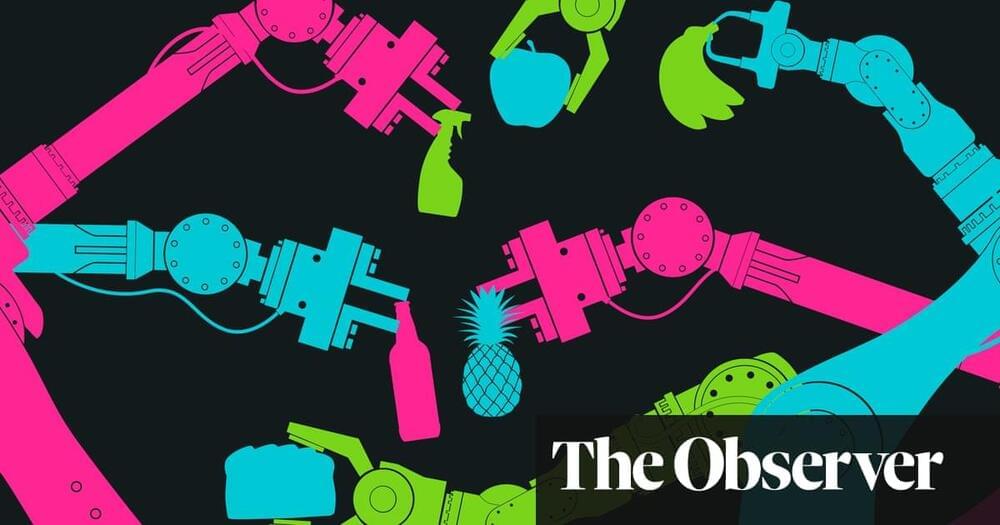Acclaimed Harvard professor and entrepreneur Dr. David Sinclair believes that we will see human life expectancy increase to at least 100 years within this century. A world in which humans live significantly longer will have a major impact on economies, policies, healthcare, education, ethics, and more. Sinclair joined Bridgewater Portfolio Strategist Atul Lele to discuss the science and societal, political, systemic and ethical implications of humans living significantly longer lives.
Recorded: Aug 30 2021
The Science of Slowing Aging and Increasing Life Expectancy.
0:00 – 19:20
What Increasing Life Expectancy Means for Individuals.
19:20 – 30:40
The Impact on Pension, Healthcare and Education Systems.
30:40 – 44:18
The Economic Benefits of Longer Life Expectancy.





